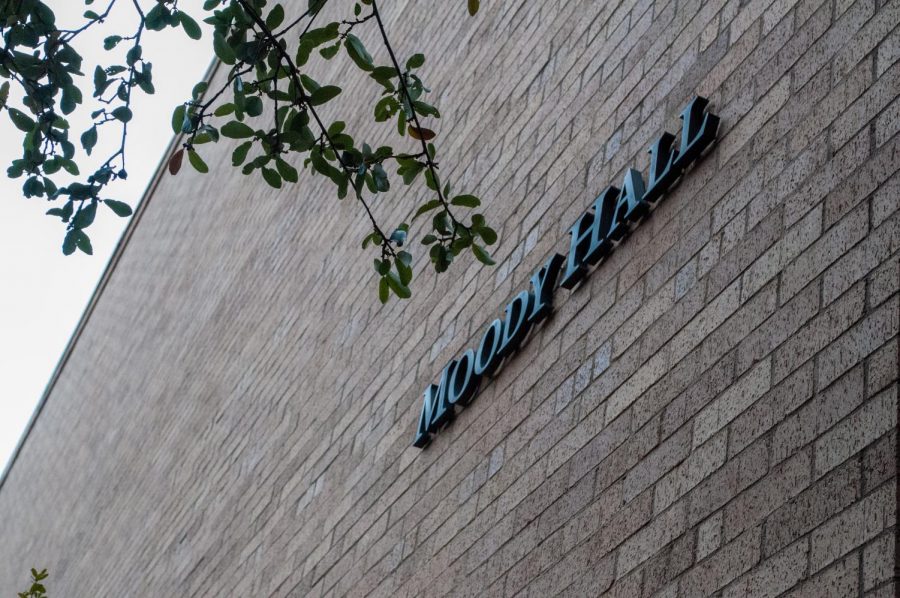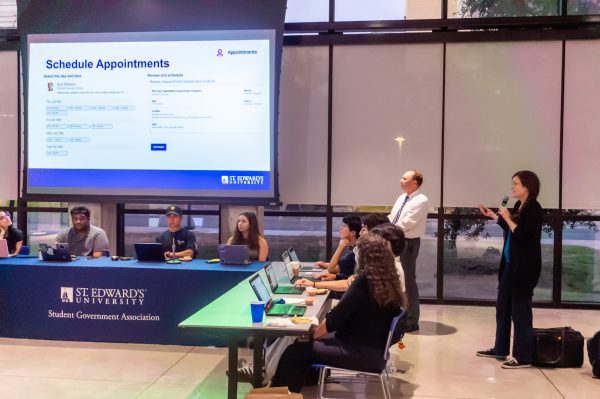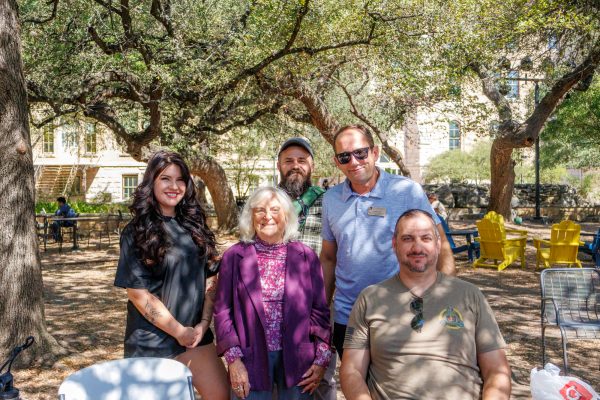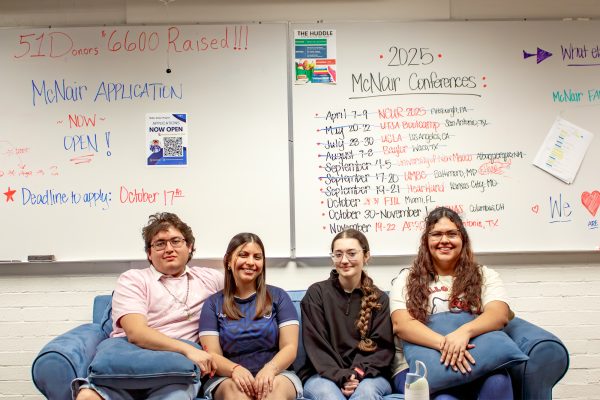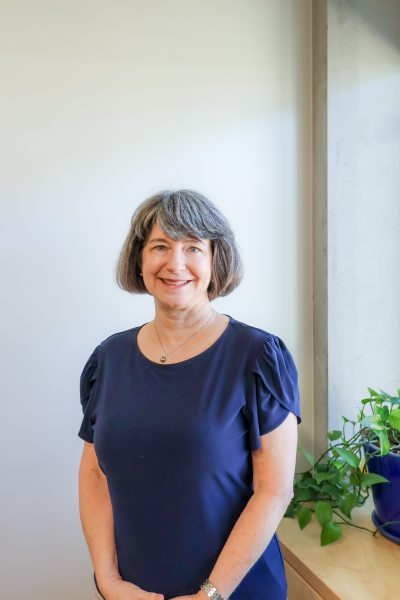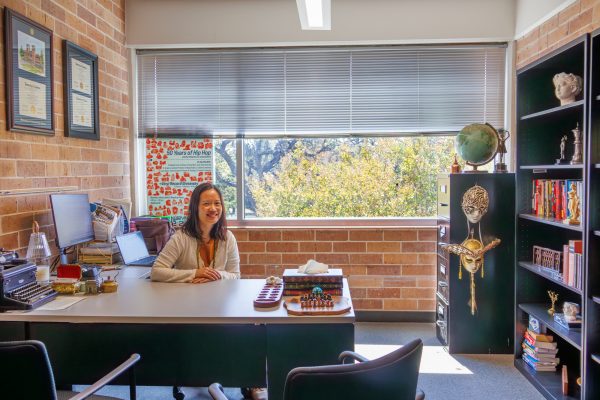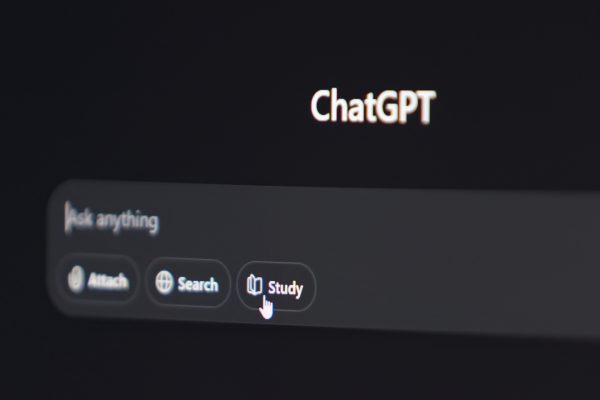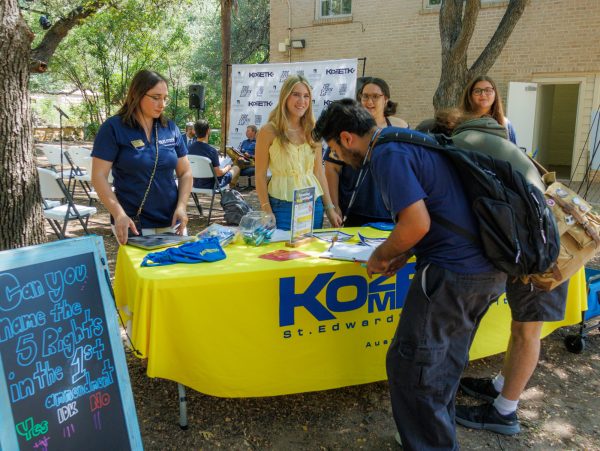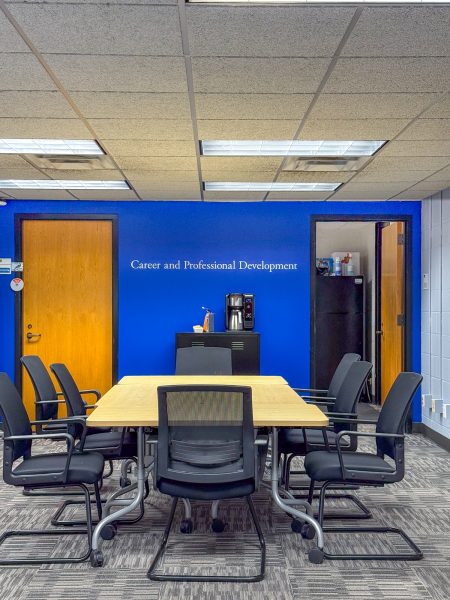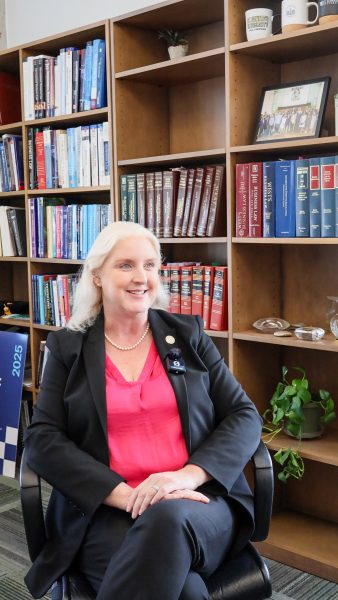How CAMP scholars are navigating classes, digital divide amid pandemic
CAMP’s office is located on the bottom floor of Moody Hall. CAMP has helped more 2,800 students since 1972.
Victoria Hernandez, a sophomore at St. Edward’s, grew up moving from state to state with her parents, who were migrant workers. As she got older and started looking at colleges, St. Edward’s University caught her eye because of a unique program that is only sponsored by a handful of schools nationwide. The College Assistant Migrant Program (CAMP) has been sponsored by St. Edward’s for the last 48 years and has helped children of migrant workers gain opportunities that may not be available to them elsewhere.
CAMP awards scholarships and provides support to students who qualify. The CAMP program at St. Edward’s describes itself as “a caring community of globally minded, critical thinkers and problem-solvers who are passionate about making the world a better place.” The program here on campus is the oldest in the country, operating for 48 years and having successfully graduated over 2,800 students. The program accepts 35 new scholars per year and provides students with a place they can feel at home.
This is Victoria Hernandez’s second year in the program and, to her, it’s more than just an academic program.
“What CAMP means to me is that we’re just one big family, “ Hernandez said. “I wouldn’t be who I am without them. They’ve provided me with so many opportunities and it’s kind of like, ‘You’re here for a reason.’”
Sonia Briseno, the director of the program, aims to make every CAMP student feel this way.
“Mentoring is a huge practice that we utilize in CAMP programming. That’s either mentoring from our CAMP alumni or mentoring from our faculty, from our staff…it’s a lot of networking,” Briseno said.
This time last year, the COVID-19 pandemic placed everything on pause, including CAMP-sponsored programming. Some CAMP students’ struggle with not having access to the internet at home, and the program has had to account for this issue.
“[I] wanted to highlight the general divide. We had CAMP scholars who did not have internet access at home, so we did have students who faced that challenge. The same thing happened with their technology at home,” Briseno said.
Students in CAMP often struggled to access the materials they needed to effectively participate in class. This digital divide that Briseno describes has been reflected across the country and has provided a real challenge for low-income students or students living with many people. This serves as a reminder that although many students on campus have been able to attend class regularly, some have not. The CAMP program has been able to supplement its students’ needs in part. The CAMP staff was relieved to hear the recent announcement that the majority of classes will be on campus in the fall.
The CAMP program at St. Edward’s is incredibly successful, and Briseno emphasizes that the entire St. Edward’s community has contributed to the program.
“In two years, we will be celebrating our 50th anniversary, and that’s something I do want to bring awareness to our SEU community because we would love to celebrate this special milestone,” Briseno said. “This is a collaborative effort with CAMP’s staff. It’s everyone across campus.”

My name is Milo Cortese, and I am a double major in American History and Political Science. I am a senior graduating in the Spring 2022 and plan to...

